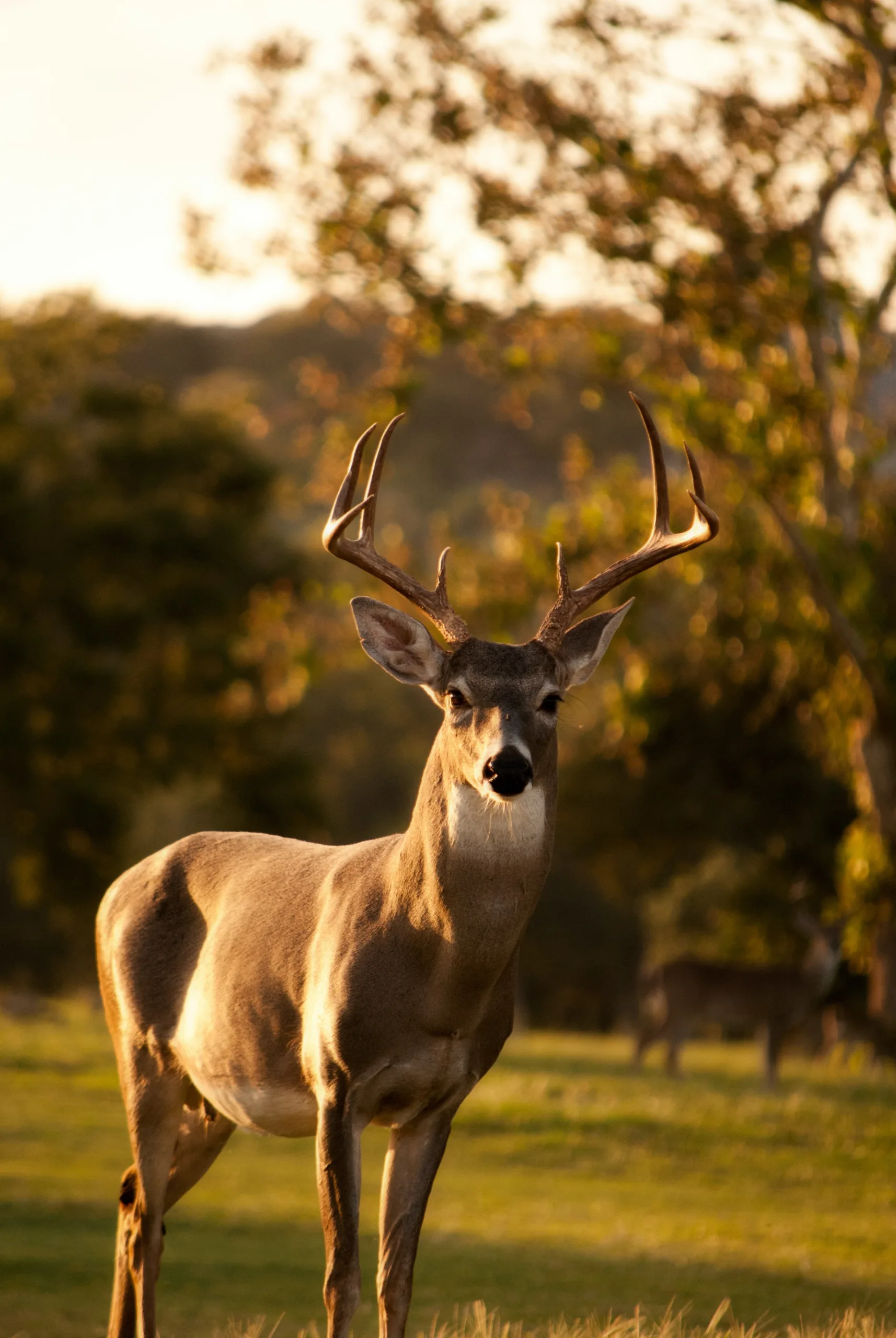
Have you ever wondered what an animal Reiki practitioner does? An animal Reiki practitioner is someone who offers healing and relaxation to animals through the practice of Reiki. Reiki is a Japanese healing technique that involves the transfer of energy through gentle touch or by simply being present with the animal. By tapping into this universal life force energy, an animal Reiki practitioner can help to promote balance, well-being, and harmony in animals. In this article, we will explore the role and importance of an animal Reiki practitioner in providing a unique form of therapy for our furry friends. So, let’s get started and discover the fascinating world of animal Reiki practitioners! An animal Reiki practitioner is someone who specializes in providing Reiki therapy to animals. Reiki is a Japanese healing technique that involves the channeling of universal life energy to promote physical, emotional, and mental well-being. It is based on the idea that everything is made up of energy, and by harnessing and directing this energy, healing can occur. Animal Reiki practitioners use their hands, energy, and intention to provide healing to animals in need.

Definition of Animal Reiki
Animal Reiki is the application of the principles and techniques of traditional Reiki to animals. It involves using gentle touch or non-touch techniques to balance the energy in an animal’s body and promote relaxation, stress reduction, pain relief, and overall well-being. Animal Reiki practitioners are trained to be attuned to the energy of animals and provide them with a calming and healing experience.
Origins of Animal Reiki
The practice of Reiki originated in Japan in the early 20th century and was developed by Mikao Usui. It was brought to the West in the 1930s and has since gained popularity as a holistic healing modality. Animal Reiki emerged as an extension of traditional Reiki, with practitioners recognizing the benefits of applying Reiki techniques to animals. It is believed that animals are more receptive to energy healing than humans, and animal Reiki has become increasingly recognized and utilized in the field of animal care.
Principles of Animal Reiki
Animal Reiki is guided by five principles which provide a framework for practitioners to follow:
- Just for today, I will not be angry.
- Just for today, I will not worry.
- Just for today, I will be grateful.
- Just for today, I will do my work honestly.
- Just for today, I will be kind to every living thing.
These principles serve as a reminder to practitioners of the importance of maintaining a positive mindset, being present, and treating all living beings with compassion.
Difference Between Animal Reiki and Traditional Reiki
While animal Reiki and traditional Reiki share the same underlying principles, there are some differences in their approach. Animal Reiki focuses on adapting the techniques and methods of traditional Reiki to suit the needs and preferences of animals. It takes into account the unique characteristics and sensitivities of different animal species and adjusts the treatment accordingly. Animal Reiki practitioners are trained to work with animals in a way that respects their boundaries and ensures their comfort and safety.

Training and Certification
To become an animal Reiki practitioner, individuals must undergo training and obtain certification from a reputable organization. The training typically includes an in-depth understanding of animal behavior, anatomy, and energy systems, as well as hands-on practice and supervised sessions with animals. Certification ensures that practitioners have met certain standards and possess the necessary knowledge and skills to provide safe and effective Reiki sessions for animals.
Ethics and Standards
Ethics play a vital role in the practice of animal Reiki. Practitioners are expected to adhere to a code of conduct that prioritizes the well-being and consent of the animals they work with. This includes obtaining permission from the animal and their guardian before providing a session, respecting the animal’s boundaries, and maintaining confidentiality. Practitioners are also encouraged to collaborate with veterinary professionals and other animal caregivers to ensure the best possible care for the animal.

Benefits of Animal Reiki
Animal Reiki offers a wide range of benefits for animals. It can help reduce stress and anxiety, promote relaxation and calmness, alleviate pain and discomfort, and support overall health and well-being. Animal Reiki can also strengthen the bond between animals and their human caregivers, as well as aid in the healing process for animals recovering from illness, trauma, or surgery. It is a gentle and non-invasive therapy that can be used in conjunction with other veterinary treatments.
Animal Reiki Techniques
There are several techniques used in animal Reiki sessions. Many practitioners use a hands-on approach, placing their hands gently on or above the animal’s body to channel Reiki energy. Others may use non-touch techniques, where the practitioner works in the energy field surrounding the animal. Animal Reiki practitioners may also incorporate visualization, chanting, or the use of symbols to enhance the healing experience. The specific techniques used may vary depending on the individual practitioner and the needs of the animal.

Creating a Safe and Relaxing Environment
Creating a safe and relaxing environment is crucial in animal Reiki sessions. Practitioners take steps to ensure that the animal feels comfortable and secure. This may involve setting up a quiet and peaceful space, removing any potential distractions, and using soft lighting and calming music. The practitioner will also gauge the animal’s body language and behavior to ensure they are at ease before beginning the session. It is essential to respect the animal’s boundaries and allow them to freely choose whether to participate in the session or not.
Examples of Animal Reiki Sessions
Animal Reiki sessions can take place in various settings and with a wide range of animals. They can be conducted in a veterinary clinic, animal shelter, pet owner’s home, or even in outdoor environments. Some practitioners specialize in working with specific animal species, such as dogs, cats, horses, or birds, while others are trained to work with a variety of animals. During a session, the practitioner may focus on specific areas of the animal’s body or treat the animal as a whole, depending on the animal’s needs and preferences.
In conclusion, an animal Reiki practitioner is someone who provides Reiki therapy to animals to promote their well-being and healing. The practice of animal Reiki has gained recognition and popularity as a holistic healing modality for animals. By understanding and respecting the individual needs and boundaries of animals, practitioners can offer a safe and compassionate healing experience. Animal Reiki offers numerous benefits for animals, including stress reduction, pain relief, and overall enhancement of their physical and emotional well-being. With proper training, certification, and adherence to ethical standards, animal Reiki practitioners play a valuable role in supporting the wellness of animals.










